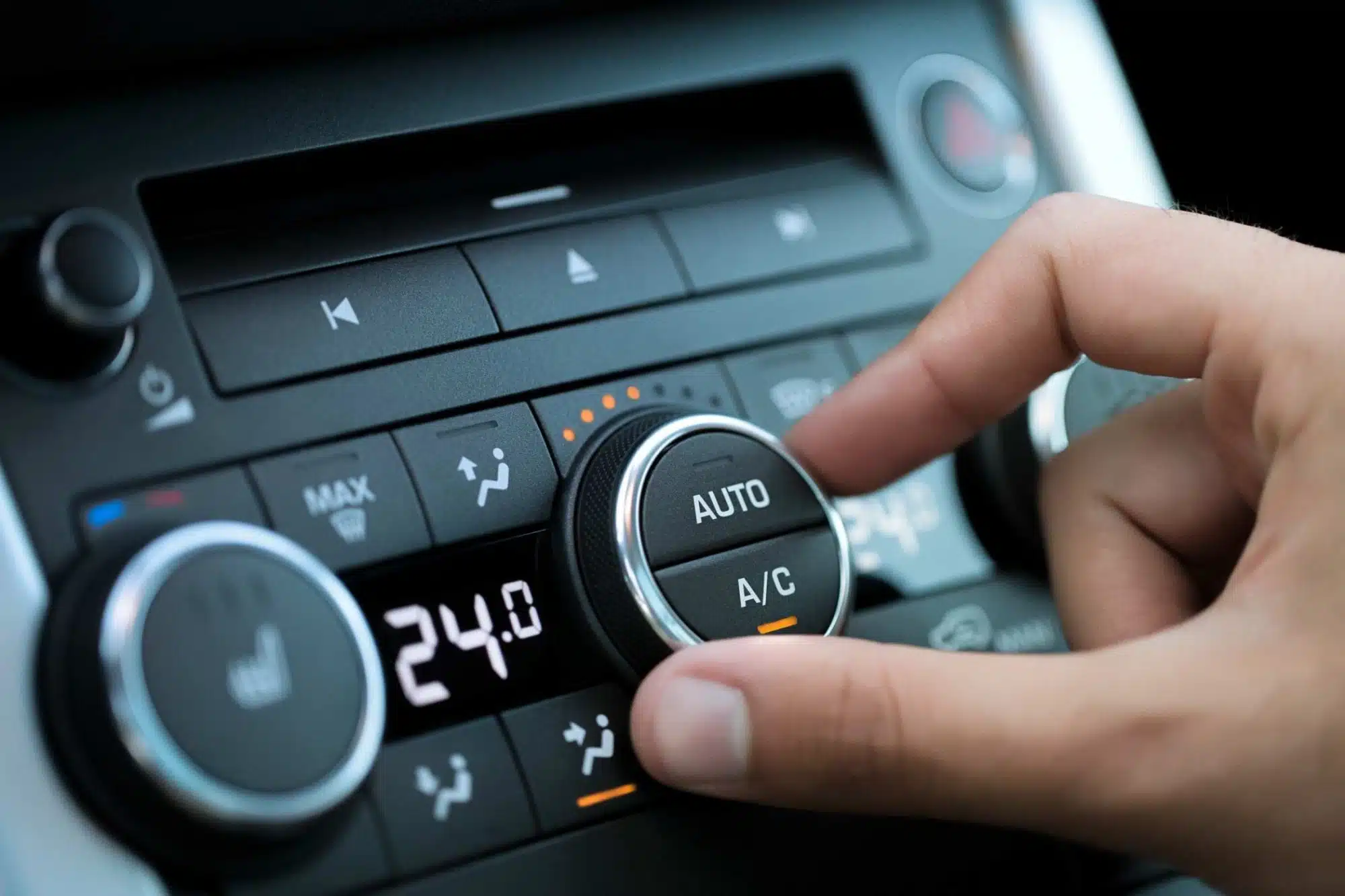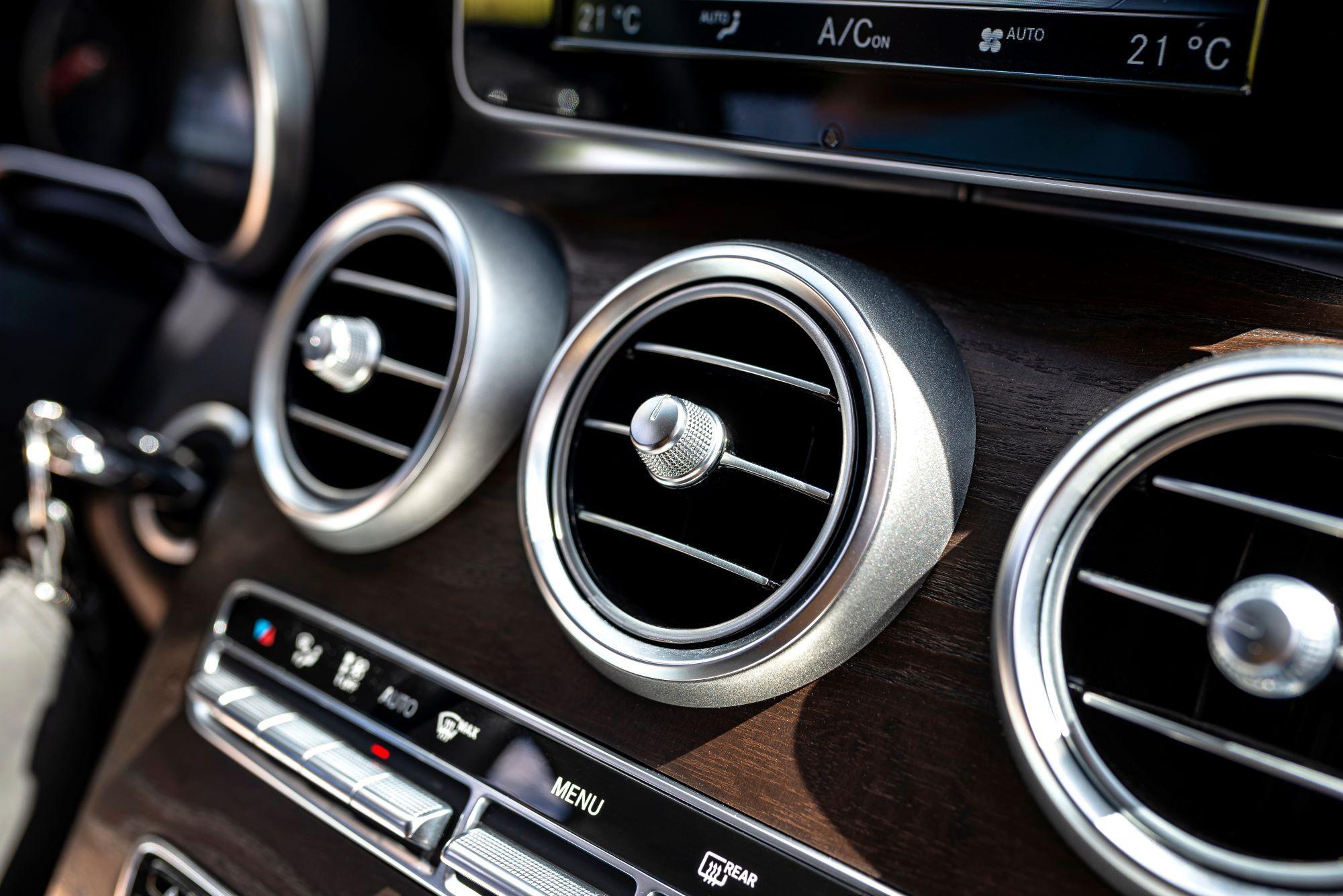With summer’s scorching heat fast approaching, a functioning car air conditioner is more than a convenience—it’s a necessity for comfortable and safe driving. Regular maintenance and attention to your vehicle’s climate control system can help avoid costly repairs and ensure consistent cooling. Here are essential tips, insights, and expert advice to keep your car’s air conditioning in optimal condition.
Monitor Engine Temperatures on Steep Hills
Driving uphill in hot weather, especially with a loaded car, can strain your engine. Running the air conditioner during these times adds extra stress, increasing the risk of overheating. Keep an eye on the engine temperature gauge and, if it starts rising, briefly switch on the heater to reduce the engine’s heat. This technique helps protect both your engine and air conditioning system under pressure.
Keep Windshield Inducts Clean
The area at the base of your windshield often collects water, dirt, and leaves, which can obstruct airflow and reduce AC efficiency. Worse, decaying debris may cause mold to develop in the system. Regularly clear this area of pine needles, leaves, and other debris to ensure unobstructed airflow and a cleaner, healthier climate control system.
Address Odors Quickly
Unpleasant smells from your car’s air vents can indicate underlying issues. While mild odors might be resolved with orange peels or an odor neutralizer, musty, sweet, or gas-like smells could signal more serious problems such as mold, antifreeze leaks, or fuel system issues. Promptly addressing these smells can prevent larger mechanical problems and keep your air conditioning system fresh and functional.

Consult Your Owner’s Manual
Your vehicle’s owner’s manual is a goldmine of information about maintaining the air conditioning and cooling systems. Follow its guidelines for antifreeze, refrigerants, and general maintenance. Even if your car remains unused for extended periods, the manual includes steps to ensure the AC system stays in good condition.
Add AC Maintenance to Your Routine
Incorporating air conditioning system checks into your vehicle’s regular maintenance schedule can save you time and money in the long run. These checks may reveal refrigerant levels, belt tension, or condenser cleanliness issues that can hinder cooling efficiency. Annual inspections, especially before summer, ensure consistent performance and can extend the system’s lifespan.
Change the Cabin Air Filter Regularly
The cabin air filter plays a crucial role in maintaining airflow and reducing allergens inside your vehicle. Replacing it every 30,000 miles—or more frequently in dusty or allergen-heavy environments—can enhance air quality and cooling performance. Most filters are easy to replace, making this an excellent DIY maintenance step.
Pre-Cool Your Car Effectively
Instead of cranking up the air conditioning in a stiflingly hot car, open the windows and turn on the blower to expel hot air first. After a minute, close the windows and activate the AC for more efficient cooling. This practice reduces the strain on your system and cools the cabin faster.

Use Fresh Air Mode Strategically
While recirculation mode can be helpful in keeping out external odors or pollutants, overuse can make the cabin air feel stale and contribute to window fogging. Use fresh air mode whenever possible to improve airflow and maintain a comfortable interior environment.
Run the Defrost Mode Periodically
Using the defrost mode for a few minutes weekly can prevent mold and mildew buildup within your air conditioning system. This setting dries moisture that might otherwise lead to odors and allergens, ensuring a cleaner, healthier interior.
Opt for the Coldest Setting
Operating your air conditioner at its coldest setting is more efficient than adjusting it frequently. Modern systems are designed to cool the air to a specific threshold and then maintain it. Frequent temperature adjustments can overwork the system, increasing fuel consumption and wear. Instead, adjust fan speed and vent direction for personalized comfort.
Common Issues to Watch For
Even with proper care, air conditioning systems can face issues over time. Watch for signs like weak airflow, unusual noises, or a lack of cold air, which could indicate refrigerant leaks, compressor malfunctions, or clogged filters. Addressing these issues promptly can prevent expensive repairs and ensure consistent cooling.
A well-maintained car air conditioning system is key to a comfortable and safe driving experience during hot weather. By staying proactive with cleaning, regular checks, and addressing minor issues, you can extend the system’s lifespan and avoid costly repairs. Keep these tips in mind to enjoy a cooler, hassle-free summer on the road.

